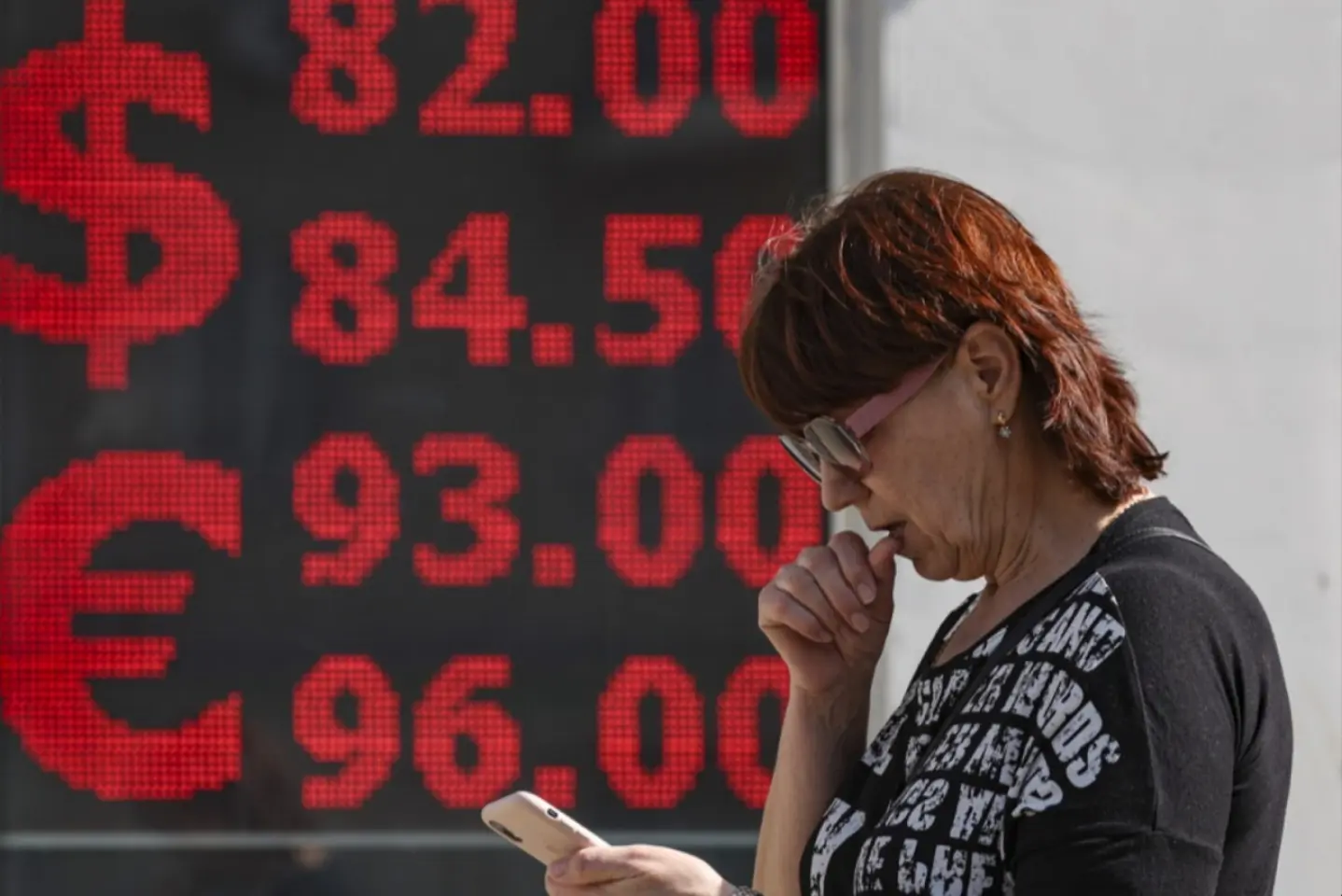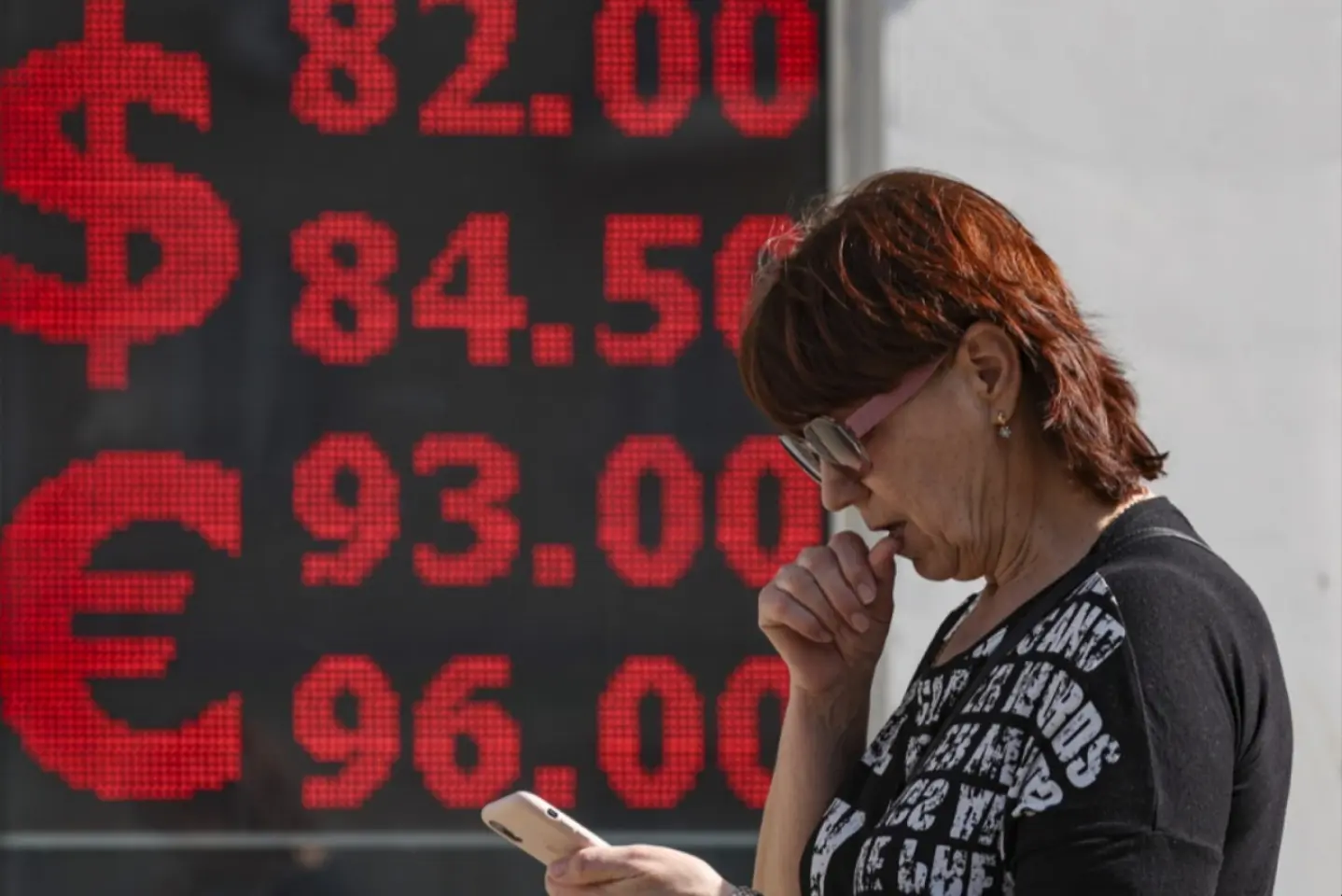
Alexander Malyarenko is an expert in the field of macroeconomic analysis and transformation processes in Eastern Europe. He has been published extensively as the author and co-author of over 20 papers in highly regarded, peer-reviewed journals. He frequently speaks at international conferences and is a regular columnist in leading media outlets in Lithuania, Latvia, Estonia, and Belarus. Alexander is an associate member of expert groups and think tanks in Lithuania (BVART) and France (Eastern Circles) focusing on economic development in Eastern Europe.

For many it is a coping mechanism, in some cases it reflects newfound war-related income, in others a switch away from big spending.

Behind the polished facade of Moscow and official statistics lies a federation increasingly fractured—socially, economically, and politically.

Russia’s economy is not yet a wartime economy – but it is drifting dangerously close. Whether it crosses the threshold will depend not just on military needs, but on the political will to sacrifice economic interests for geopolitical ambitions. So far, Moscow has tried to avoid making that choice. But the clock is ticking.

In the short term, Western sanctions have disrupted supply chains and commercial operations. In the long term, they are accelerating Russia's technological decline and external dependence.

Russians are hoping for an easing of sanctions and the return of big Western brands to the Russian market. Is this a real prospect – or simply a collective wish disguised as news?

In today’s Russia, ending the war in Ukraine may bring economic and social turmoil so profound that peace could pose greater risks to Kremlin than the conflict itself.